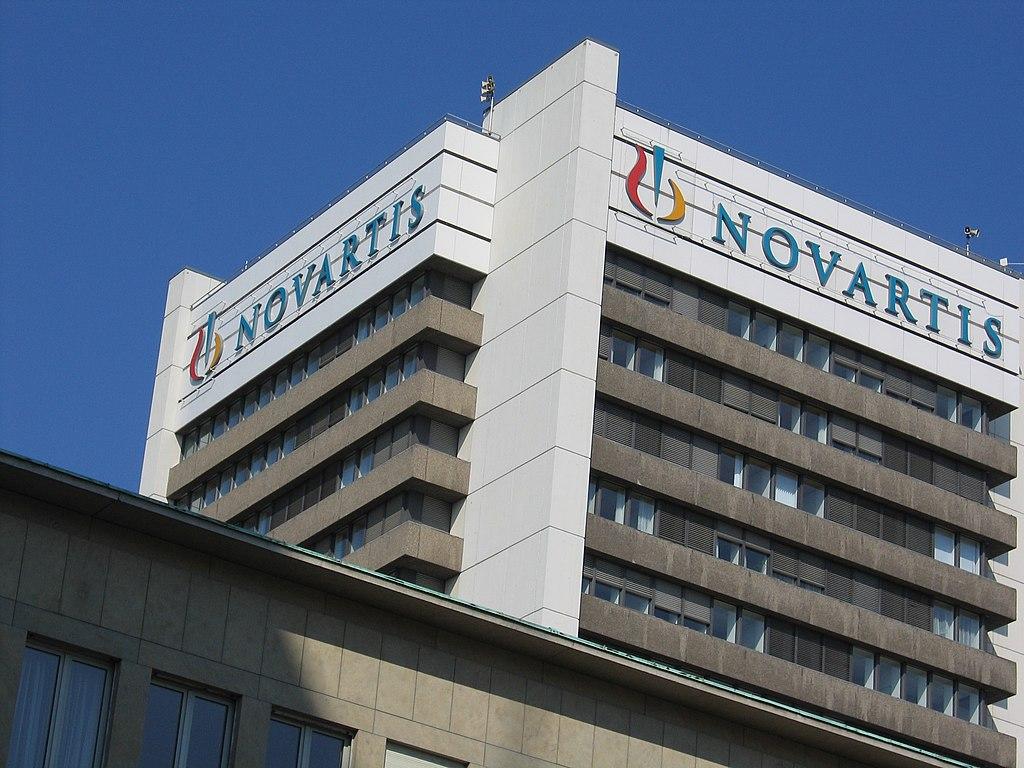Novartis' Multiple Sclerosis Drug Data Shows Most Patients Remain With No Disability Progression For Up To Six Years
Author: Vandana Singh | September 18, 2024 12:03pm
Novartis AG (NYSE:NVS) released new data Wednesday from the ALITHIOS open-label extension study.
Data show first-line Kesimpta (ofatumumab) treatment for up to six years led to less disability and disease progression in recently diagnosed (≤3 years) and treatment-naïve (RDTN) people with relapsing multiple sclerosis (RMS), compared to those who switched from Sanofi SA’s (NASDAQ:SNY) Aubagio (teriflunomide).
These data will be presented at the European Committee for Treatment and Research in Multiple Sclerosis.
Also Read: Goldman Sachs Shifts Stance On Novartis, Cites Lack Of Near-Term Catalysts.
Data from the overall ALITHIOS study population showed that continuous use of Kesimpta was associated with numerically fewer six-month confirmed disability worsening (6mCDW) and progression independent of relapse activity (6mPIRA) events up to six years compared to those who switched from teriflunomide.
RDTN patients receiving continuous Kesimpta were more likely to remain free from 6mCDW than those who switched to Kesimpta from teriflunomide (83.4% vs. 76.3%).
RDTN patients receiving continuous Kesimpta were also more likely to be free of 6mPIRA vs. switching from teriflunomide (88.9% vs. 83.3%).
A separate U.S.-based single-arm OLIKOS Phase 3b study showed that at 12 months, all clinically stable RMS patients who switched from intravenous (IV) anti-CD20 therapy to Kesimpta showed no new gadolinium-enhancing (Gd+) T1 lesions, a commonly used marker of disease activity, compared to baseline.
Tuesday, the FDA approved Novartis’ Kisqali (ribociclib) in combination with an aromatase inhibitor for the adjuvant treatment of hormone receptor-positive/human epidermal growth factor receptor 2-negative stage II and III early breast cancer at high risk of recurrence, including those with node-negative disease.
The approval is based on results from the pivotal Phase 3 NATALEE trial, which showed a significant and clinically meaningful 25.1% reduction in risk of disease recurrence.
Price Action: Novartis stock is down 0.1% at $115.85 at last check Wednesday.
Read Next:
Image: Wikimedia Commons
Posted In: NVS SNY





